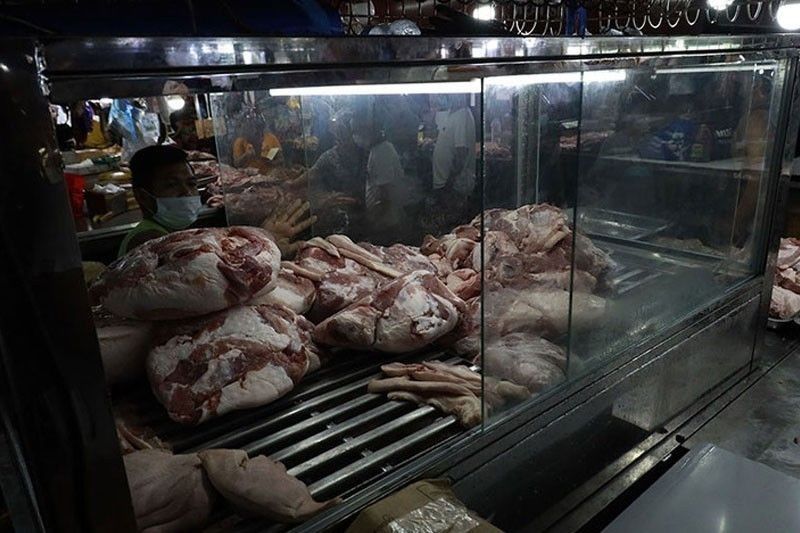Government urged to release SPS permits for poultry imports

MANILA, Philippines — The Meat Importers and Traders Association (MITA) is urging the Bureau of Animal Industry (BAI) to release sanitary and phytosanitary (SPS) import clearances for poultry sourced from the US and Canada as the delays may cause supply gaps and spikes in the prices of chicken in the country.
In a letter to BAI director Reildrin Morales, MITA vice president Sherwin Choi said some of their members have been waiting for three weeks when it should not take more than two to three days to secure a permit.
“As we have already pointed out in earlier communications to the department, transit times are now much longer vs pre-pandemic times. We can ill afford a three week delay in the issuance of import permits that is now almost surely to cause a supply gap and a spike in the price of chicken,” Choi said, adding that the price of chicken leg quarters have already increased by P10 per kilo at the wholesale level.
“This clearly runs counter to the government’s efforts to keep food inflation in check,” he said.
While it understands that the delays may be caused by concerns on the detection of avian influenza (AI) in both countries, MITA emphasized that both countries have containment and stamping out procedures in place that are consistent and in accordance with Section 4 of the Terrestrial Animal Health Code of the The World Organisation for Animal Health (OIE).
The group stressed that both countries have been reporting their disease status to the OIE and are totally transparent with their current situation and course of action.
It said both the US and Canada have a system accreditation with the Philippine government, which means the country recognizes the sanitary and phytosanitary standards and best practices of the US and Canada as being equivalent to its own, if not better.
MITA said the Philippines has also applied the same compartmentalization, containment, and stamping out procedures outlined in the aforementioned Animal Health Code, in response to outbreaks of bird flu in the country.
“Existing protocols have been in place for many years, and experience has proven that they are effective in preventing transmission of AI through frozen poultry shipments,” Choi said.
“The practical consideration is that AI has now become a yearly occurrence and we must adapt and learn to live with it,” he said.
MITA stressed that undue delay in the issuance of SPS can be construed as a non-tariff trade barrier and be used to lodge a complaint with the World Trade Organization.
“We strongly urge your office to abide by guidelines of the OIE and immediately process and release permits for US and Canadian poultry sourced from areas not affected by bird flu,” Choi said.
The group also urged the government against imposing bans on the importation of poultry from the two countries, citing the country’s meat processing industry is heavily reliant on mechanically deboned chicken.
“With virtually all sources in Europe already banned due to AI, the only source countries left with sizable production capacity are US, Brazil, and Canada. A further ban on Canada and the US is surely going to cause an increase in the cost of the most basic and affordable processed meats,” Choi said.
He said imposing a country wide ban on a nation that has a huge land mass is unwarranted and not supported by any risk assessment.
- Latest
- Trending






























